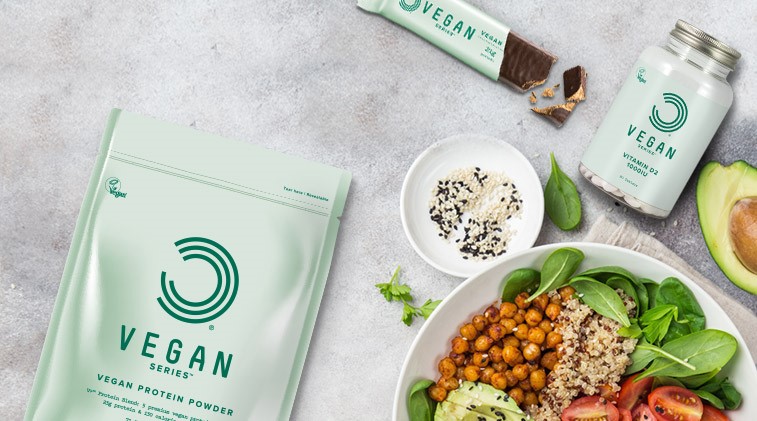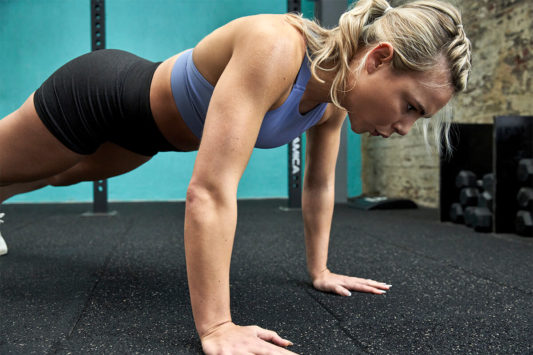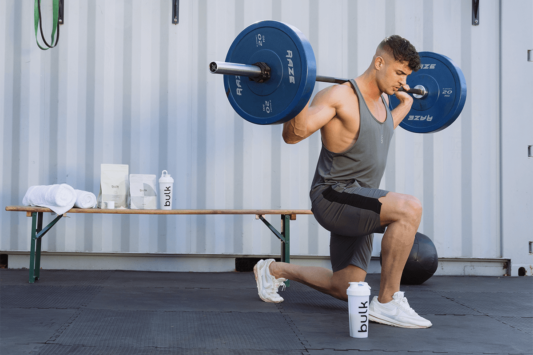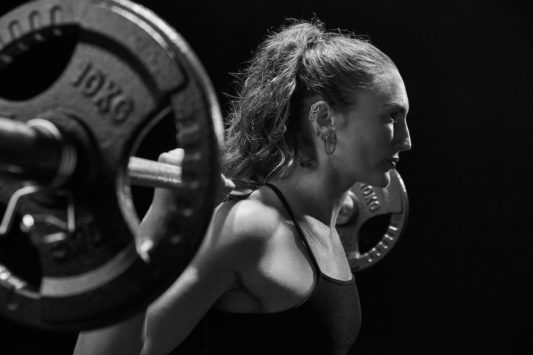Vegan Protein Sources
One of the most important concerns for vegans who take part in regular exercise, either looking to lose weight or build muscle, is to ensure that they consume enough protein to support their needs. If we consider our protein intake as a pyramid of importance, then the amount of protein we consume over the course of the day is our base, and the most important thing to focus on.
The next step up on our protein pyramid is protein quality. Protein quality relates to how many of the essential amino acids a protein source contains. It is important, in fact essential, that the diet contains all the amino acids required for health, muscle growth and other ‘things’ the body needs amino acids for.
The final step on the pyramid, is when we should consume our protein and how we distribute our protein over the course of the day… this, in the grand scheme of things, isn’t THAT important, however for those who are serious about squeezing every little advantage possible out of their protein intake, it’s something to consider.
How Much Protein do Vegans Need?
The answer to this is on face value is very simple… the amount required is what is in line with their goals!
If your goal is to maintain weight and recover from sport or exercise without much concern for building muscle, then aim for around 1.4-1.6g of protein per kg of body weight. This means for someone who weights 75kg, they require around 100-120g of protein per day.
If muscle building is your goal, then a solid amount to ensure you max out your muscle growth is around 2g per kg, for a 75kg person this equates to 150g of protein per day.
For weight loss, the important thing to remember is that we want to drop body fat whilst maintaining muscle. This means consuming amounts greater than 2g per kg is probably sensible; and to further prevent muscle loss then exercise, especially resistance training, will help cling on to your hard-earned muscle.
Which Low-Calorie Vegan Foods have the Most Protein?
One of the major challenges for vegans, especially trying to lose or maintain weight whilst consuming enough protein, is that most whole food vegan protein sources are also high in calories.
if you think of typical high protein vegan protein sources, such as nuts, seeds and grains these also come with added calorie cost. For example, to get 20g of protein from peanut butter you’d need to consume around 65g, which comes in at 400kcal!
This isn’t to say these foods should be left out of the diet, they are packed full of vitamins, minerals and fibre, however we do need to be careful how much of these foods we consume, especially if trying to lose weight… just because a food is seen as healthy, doesn’t mean we can completely ignore the calories it contains.
There are some high protein lower calorie options available to us though. Seitan (made from wheat gluten) contains around 18g of protein and only 107kcal per 100g, Tofu (made from soya) contains around 20g of protein and 270kcal per 100g and Quorn mince (made from a high protein fungus) has around 15g or protein and only 105kcal per serving.
There are also several different types of vegan protein shakes available. Soy protein is popular as it is a complete protein source, containing all the essential amino acids, however for those who are allergic to soy there are protein powders such as our very own ‘Vegan Protein Powder’ which combines several different plant protein sources (brown rice, pea, pumpkin, flax and quinoa) to ensure your essential amino acid needs are met.
What are the Best Sources of Vegan Protein?
When it comes to the ‘best’ vegan protein sources, what we probably mean is those that are high in protein and contain all the essential amino acids. These are limited to only a few vegan protein sources, including
- Soy (tofu)
- Quinoa
- Spirulina
- Seitan (wheat gluten)
- Quorn
However, we can be ‘clever’ and combine incomplete protein sources that lack all our essential amino acids to make complete ones. Some ‘classic’ combinations include
- Wholegrain bread and peanut butter
- Hummus and pitta bread
- Rice and peas/beans
High Protein Vegan Meal Ideas
One thing we haven’t dealt with so far is ‘protein distribution’. To maximise muscle growth, or to help preserve lean tissue when dieting, we want to take our daily protein intake and distribute it fairly evenly over 4 or so meals. If we require 150g of protein per day, then we could consume 5 meals/snacks each with 30g of protein in them spaced evenly apart. For four meals a day, this could be three meals of 35g and a pre-bedtime meal of 45g, giving us a little more protein before bed to support muscle growth overnight.
We also might want to consider consuming a shake post-workout to help promote recovery and with our ‘Vegan All In One’ protein we provide you with not only all the essential branch chain amino acids, but also creatine and specially designed carbohydrates to help fuel recovery and performance.
For those who struggle to put on muscle then our ‘Vegan Mass Gainer’ might help to get in those extra calories you need to support muscle growth. With 30g of protein and nearly 370kcal per serving, this provides enough protein and energy to help support muscle growth, but unlike other mass gainers isn’t packed with excessive amount calories, so will be perfect for lean gains and as a high protein snack between meals.
High Protein Vegan Breakfasts
- Vegetarian sausages with smashed avocado on wholemeal toast
- Soy yoghurt with berries, bran flakes and vegan protein powder
- Coconut & banana protein powder pancakes
- Peanut butter overnight oats
High Protein Vegan Lunches
- Quorn mince in wholemeal wrap with salad
- Green leafy salad with pine nuts, sesame seeds, chia seeds, tomatoes and balsamic vinegar and olive oil dressing with toasted ciabatta
- Chick pea and edamame salad
- Peanut quinoa and tofu bowls
High Protein Vegan Dinners
- Fried tofu in spices with quinoa, peppers and tomatoes
- Quorn mince enchiladas, with salsa, guacamole and vegan cheese
- Mexican lentil soup, topped with avocado
- Courgette noodles with a tomato and falafel sauce
High Protein Vegan Snacks
- Vegan Protein Bars
- Peanut butter on wholemeal toast
- Humus with pitta bread
- Roasted edamame.









